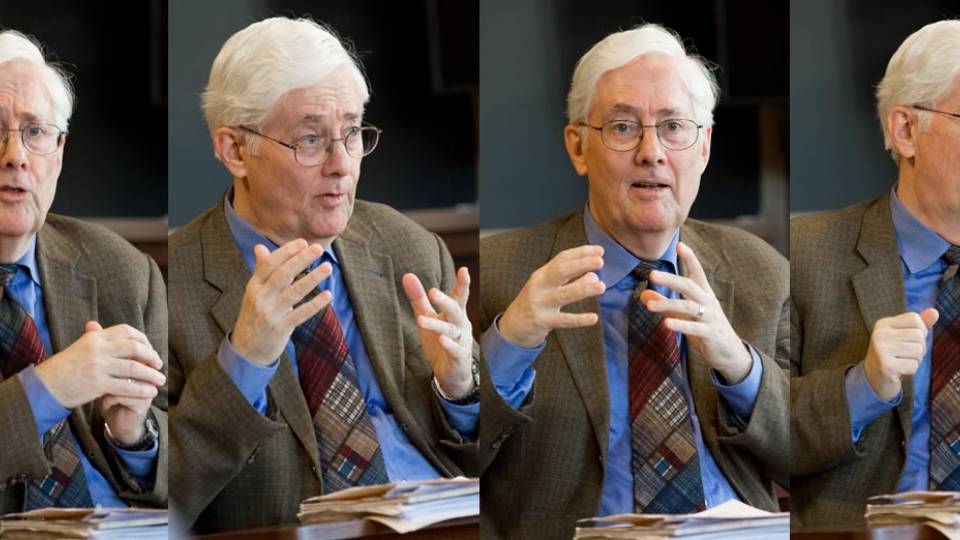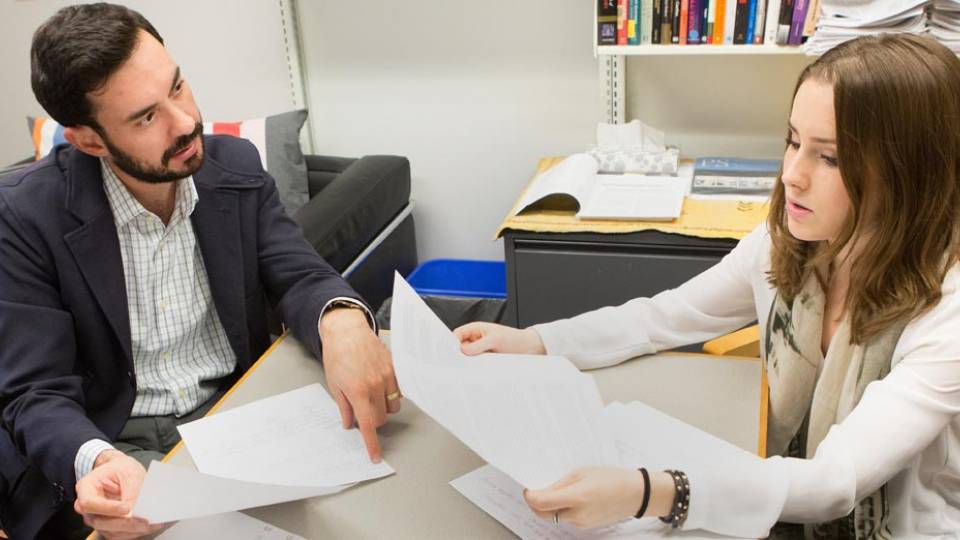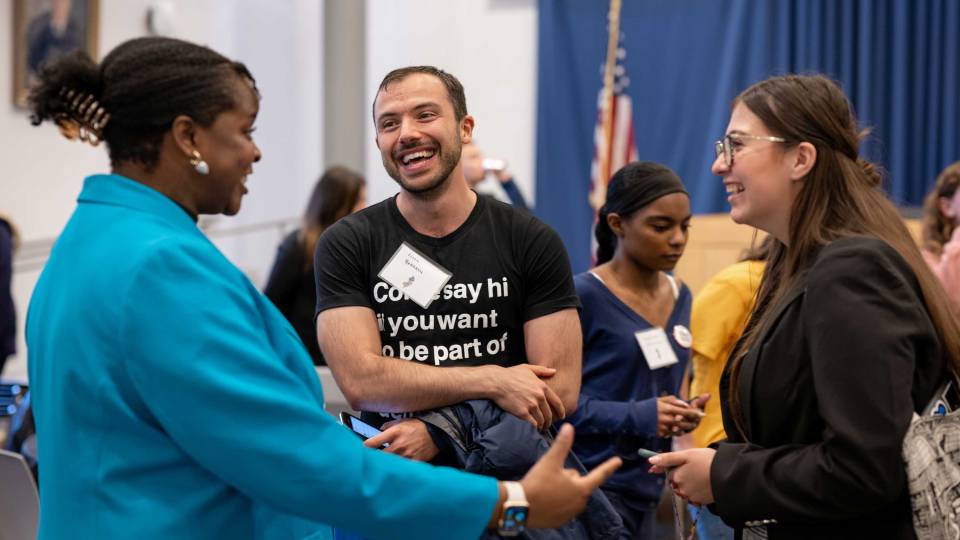Bruce C. Willsie, a Princeton alumnus and president of a company that compiles voter information, has given the University a valuable data set pertaining to some 75 million voters in 11 states, about half of the registered voters in the country.
The information, which has been stripped of names, telephone numbers and addresses so that it cannot be traced to individuals, is a unique resource that will enable Princeton researchers to explore questions about voters' habits and behavior.
"No other university in the world has a data set like this one," said Christopher H. Achen, Princeton's Roger Williams Straus Professor of Social Sciences and member of an international team writing a book on voter turnout. "My Canadian, European and Asian friends who study voter turnout are quite jealous."
The data set will include information on voting histories, allowing researchers to track the frequency with which people vote and in what types of elections, and what demographic or other factors may affect voting. Until now, Achen and other researchers have been frustrated by a dearth of affordable, wide-ranging voter data, and they weren't even sure if information of the scope offered by Willsie to Princeton existed -- public voting records, compiled from state governments as of this past spring, and merged with demographic information purged of detail that would pinpoint individuals. The states represented are California, Florida, Illinois, Indiana, New Jersey, New York, North Carolina, Ohio, Oregon, Pennsylvania and Washington.
The data set, first delivered to the University on computer disks in May, will be updated by the donor with each new election cycle, Achen said. Among the questions the data could help answer is whether people form a lifetime habit of voting if they begin casting ballots when young -- a critical consideration for those weighing the efficacy of high school voter-registration drives.
Willsie, a member of the class of 1986, heads Labels & Lists Inc., a Bellevue, Wash.-based voter-data company whose customers include political campaigns and interest groups. The idea that scholars, too, would be interested in his products occurred to him recently after researchers from another university purchased some of his company's data. He has placed two restrictions on the donation, a gift to the Department of Politics: that the data be used for research and scholarly analysis only; and that it be available just to individuals or organizations with a direct Princeton affiliation. Firestone Library, which is housing the data set, will administer access to it, while Achen will supervise its updating.
"In my estimation, the voting history, together with political boundary information and other demographics such as age and party affiliation, could yield some of the most interesting analytical results," Willsie said, "but of course I'll leave that up to Professor Achen and other researchers."





